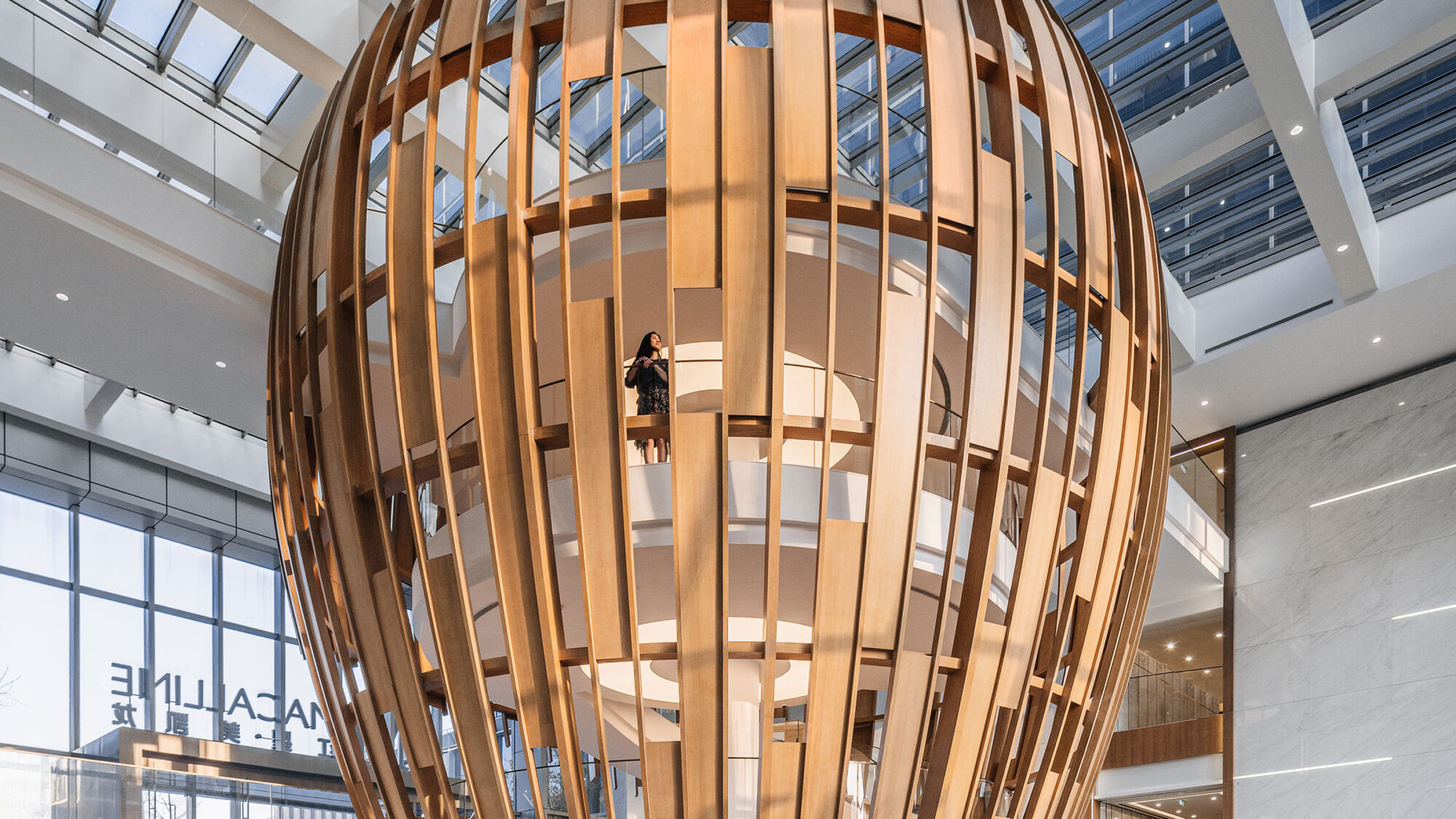

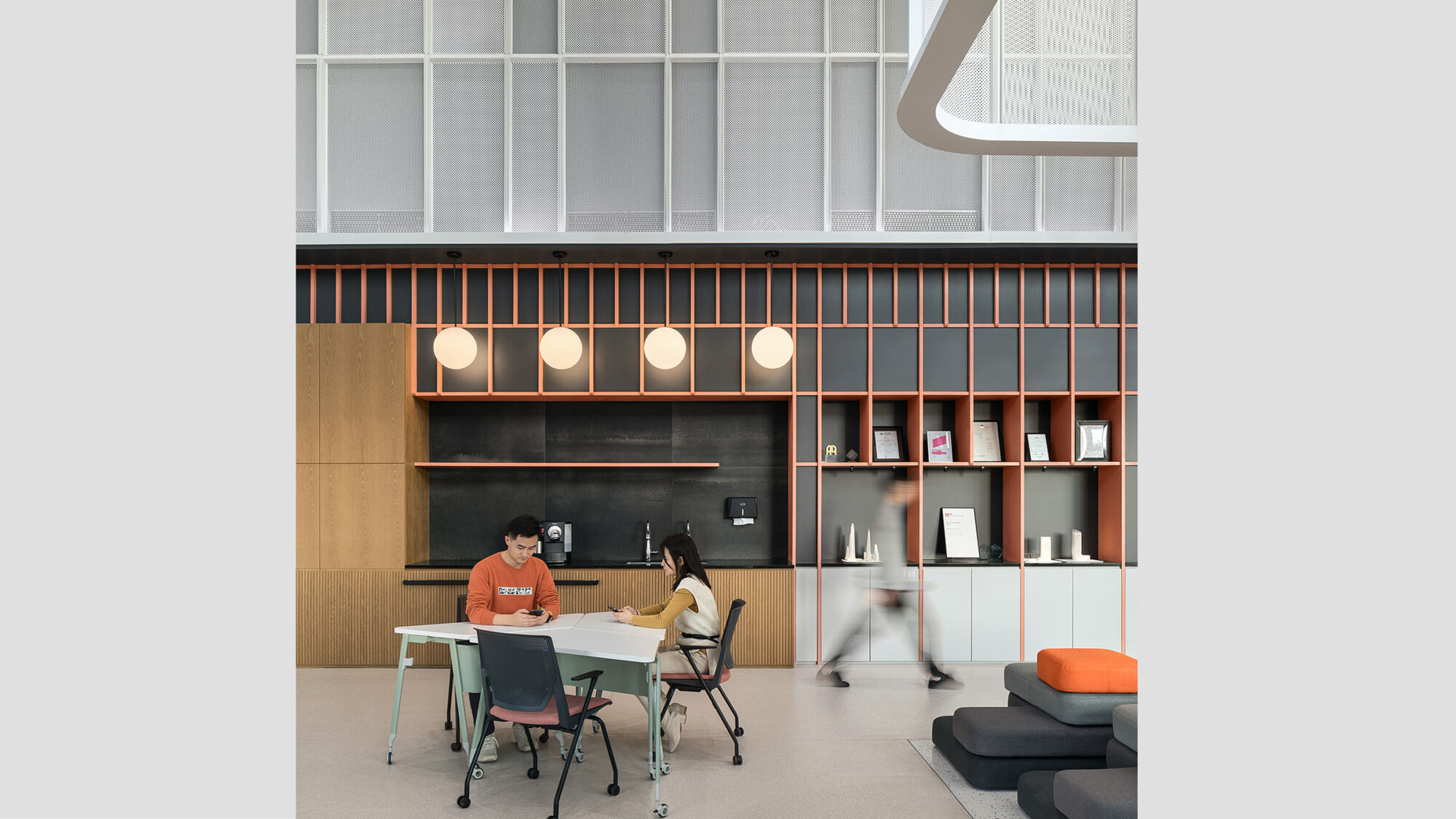
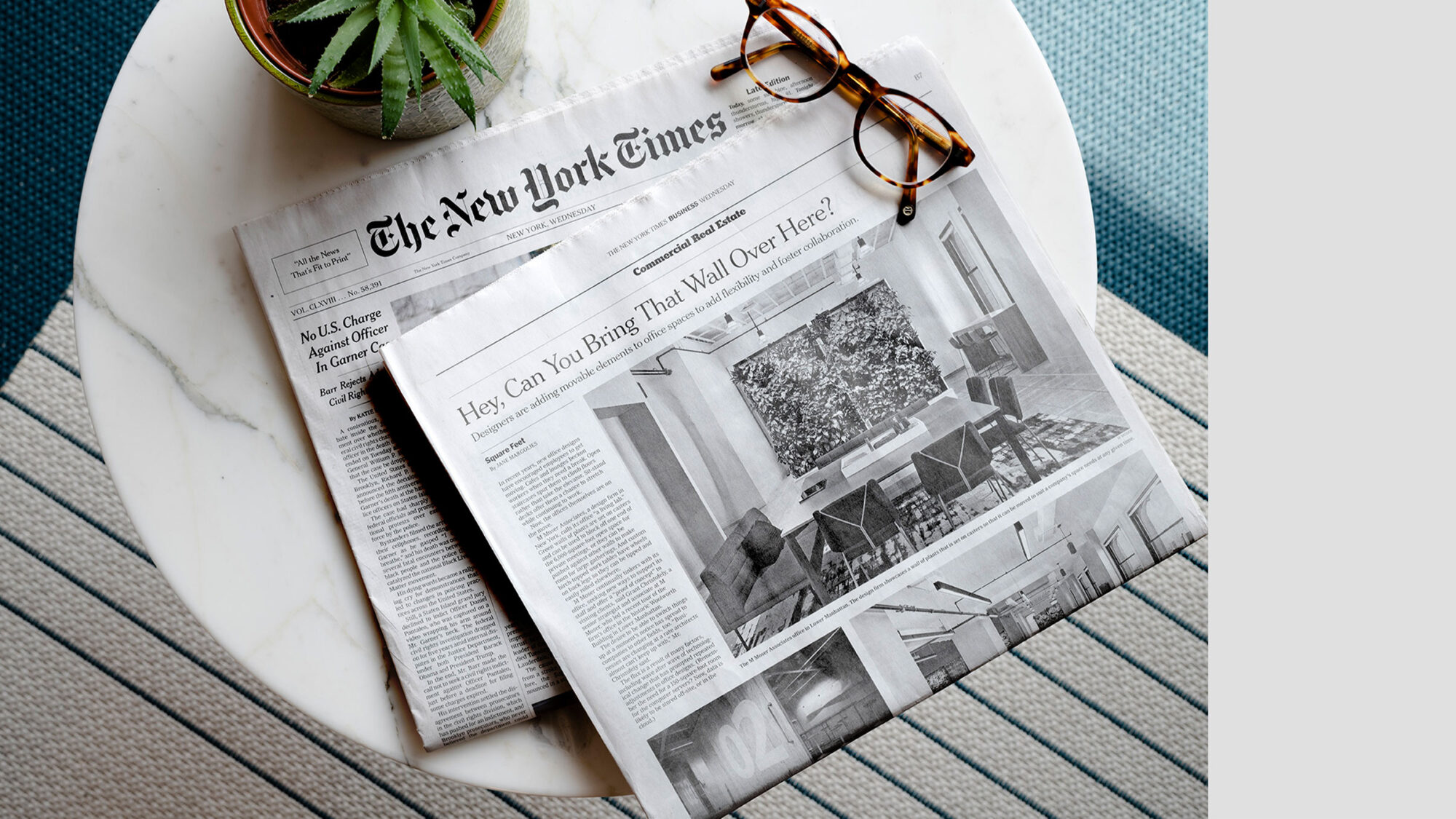

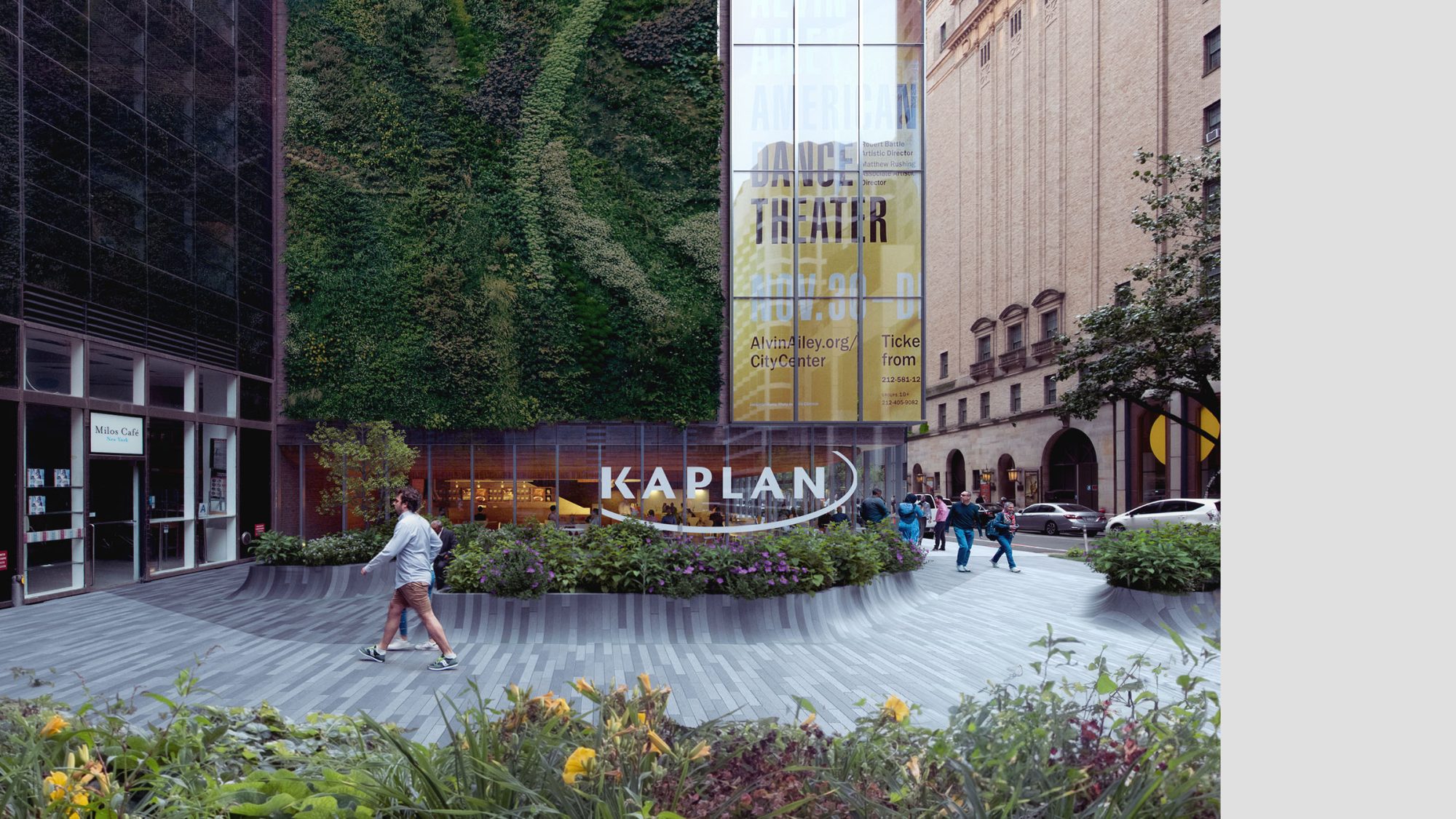
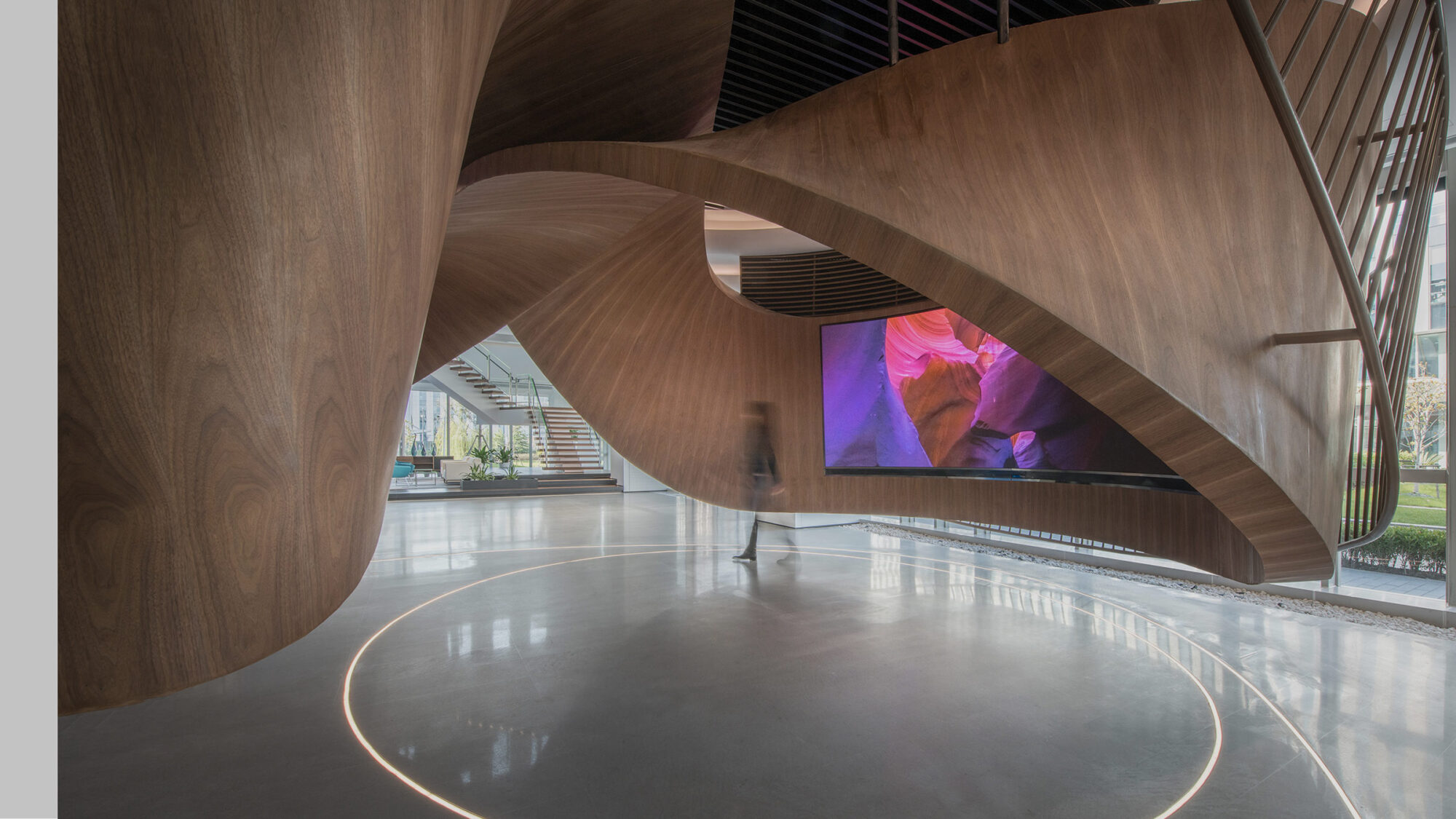
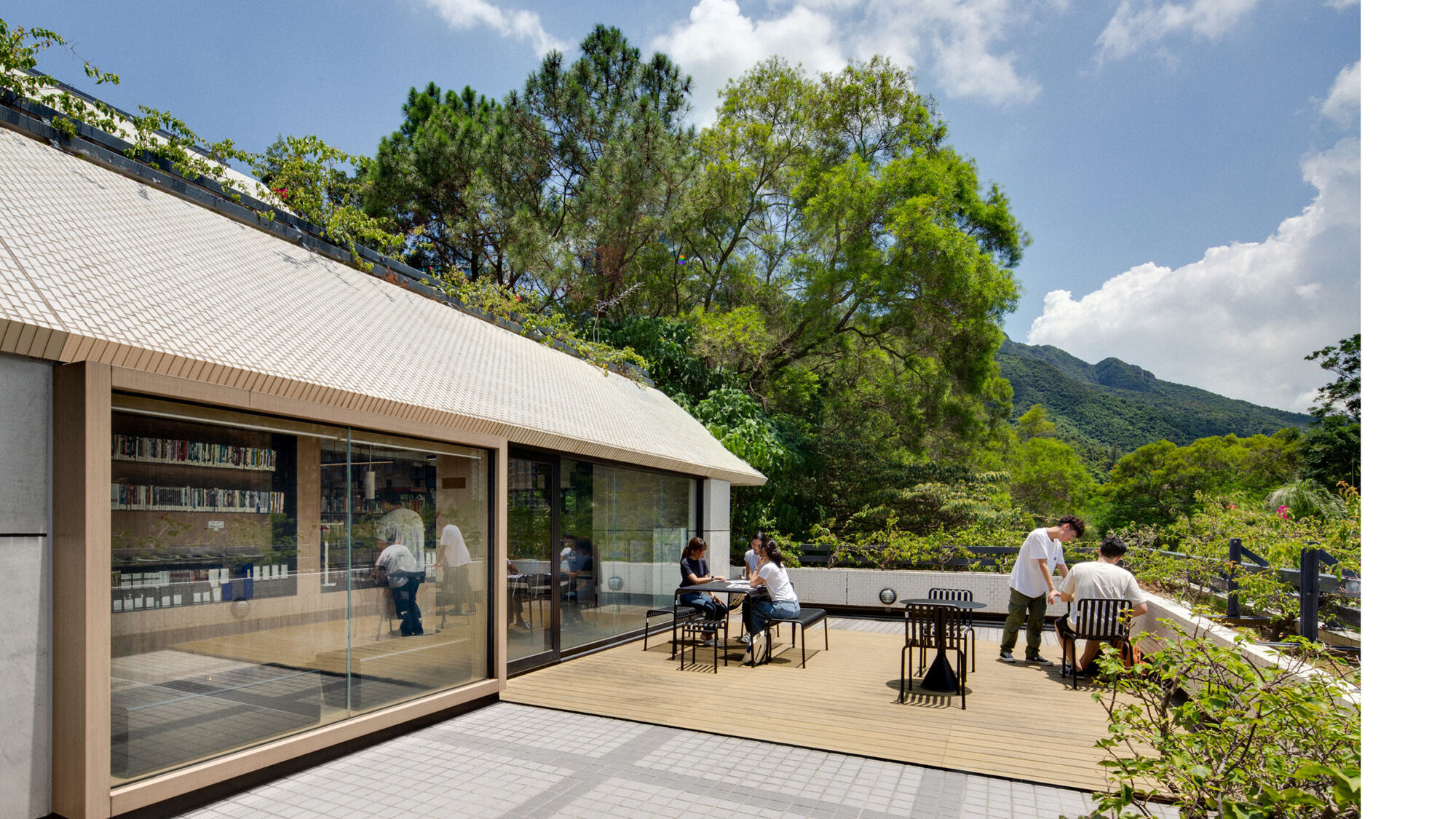
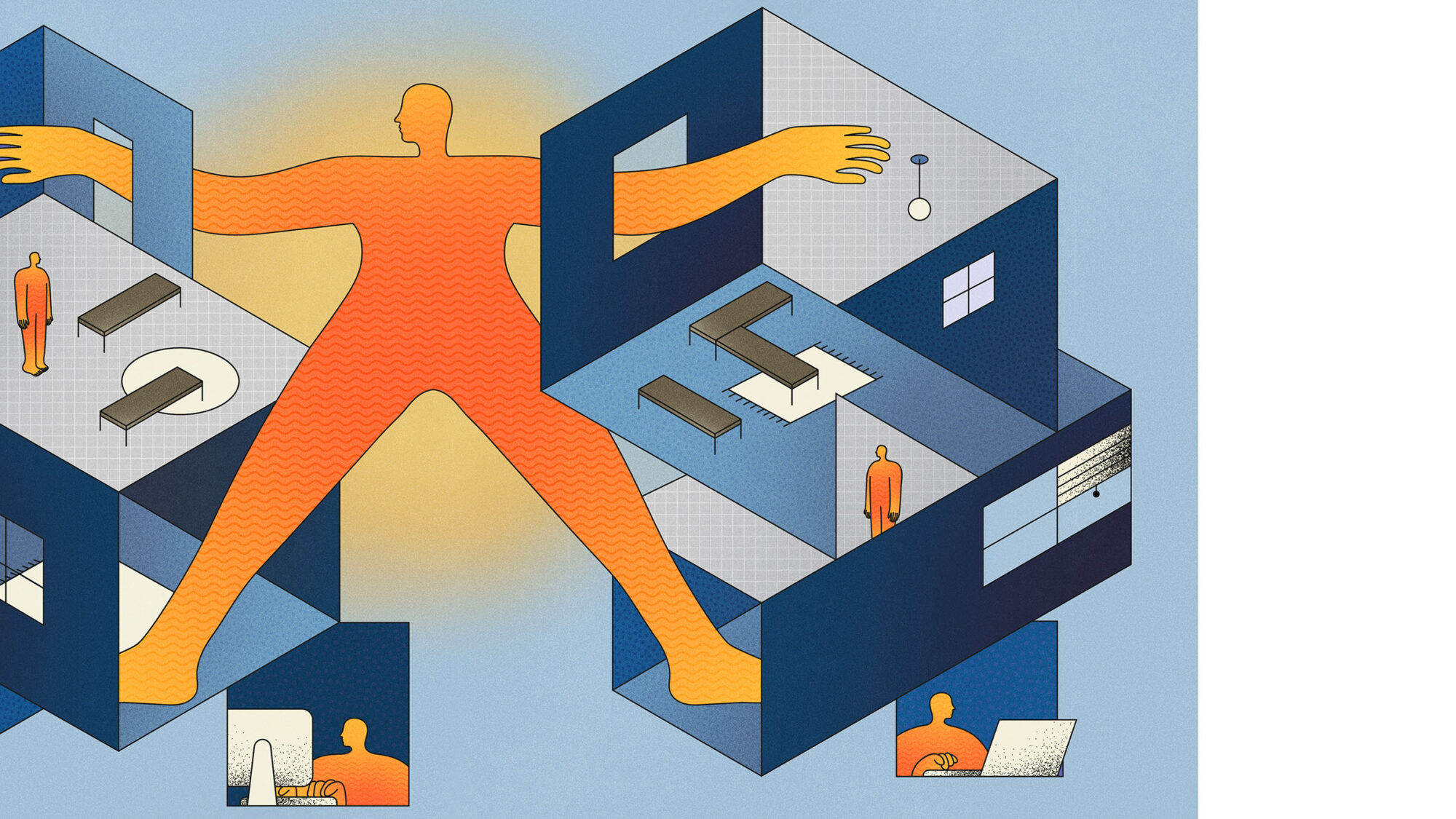
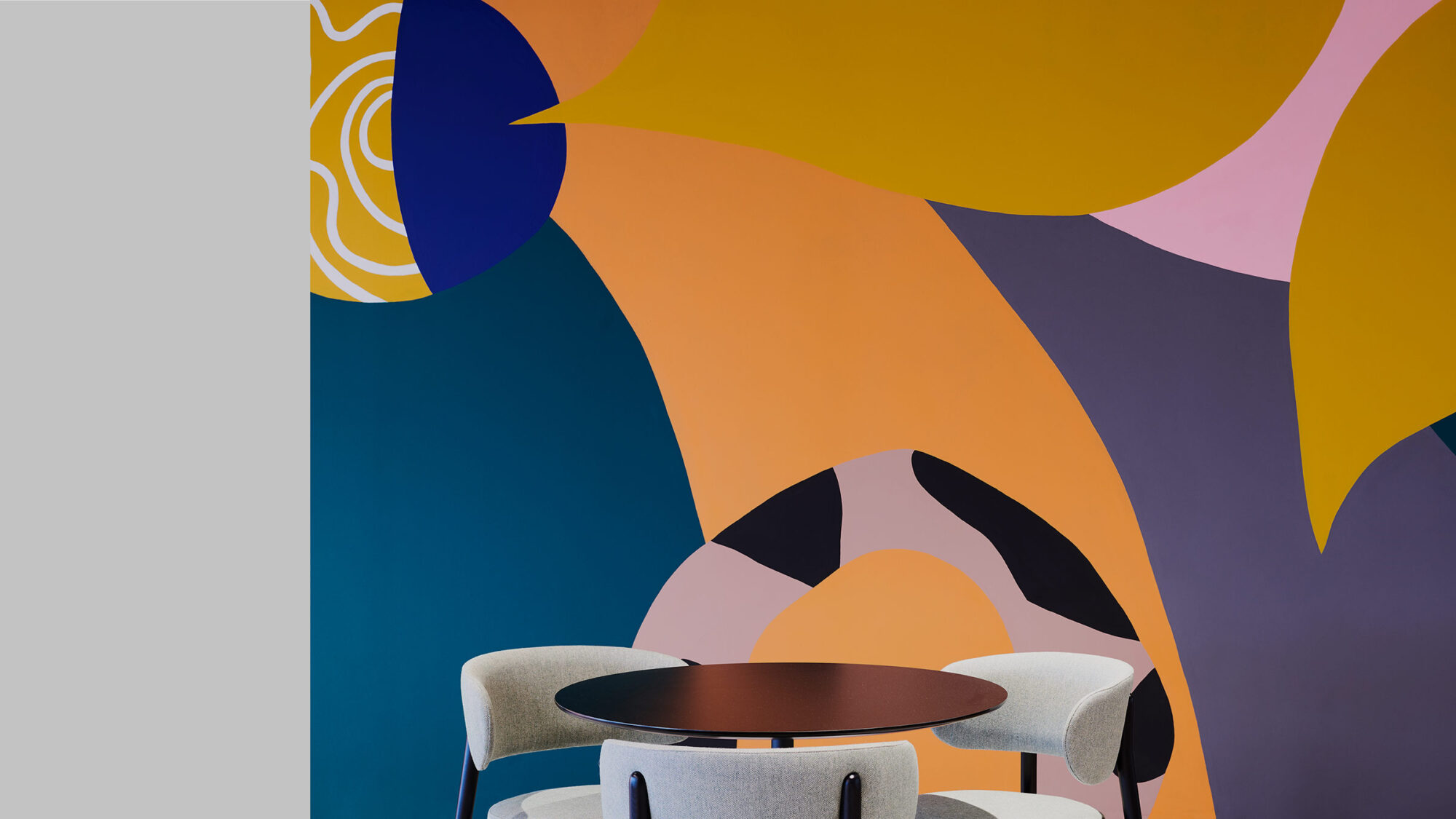
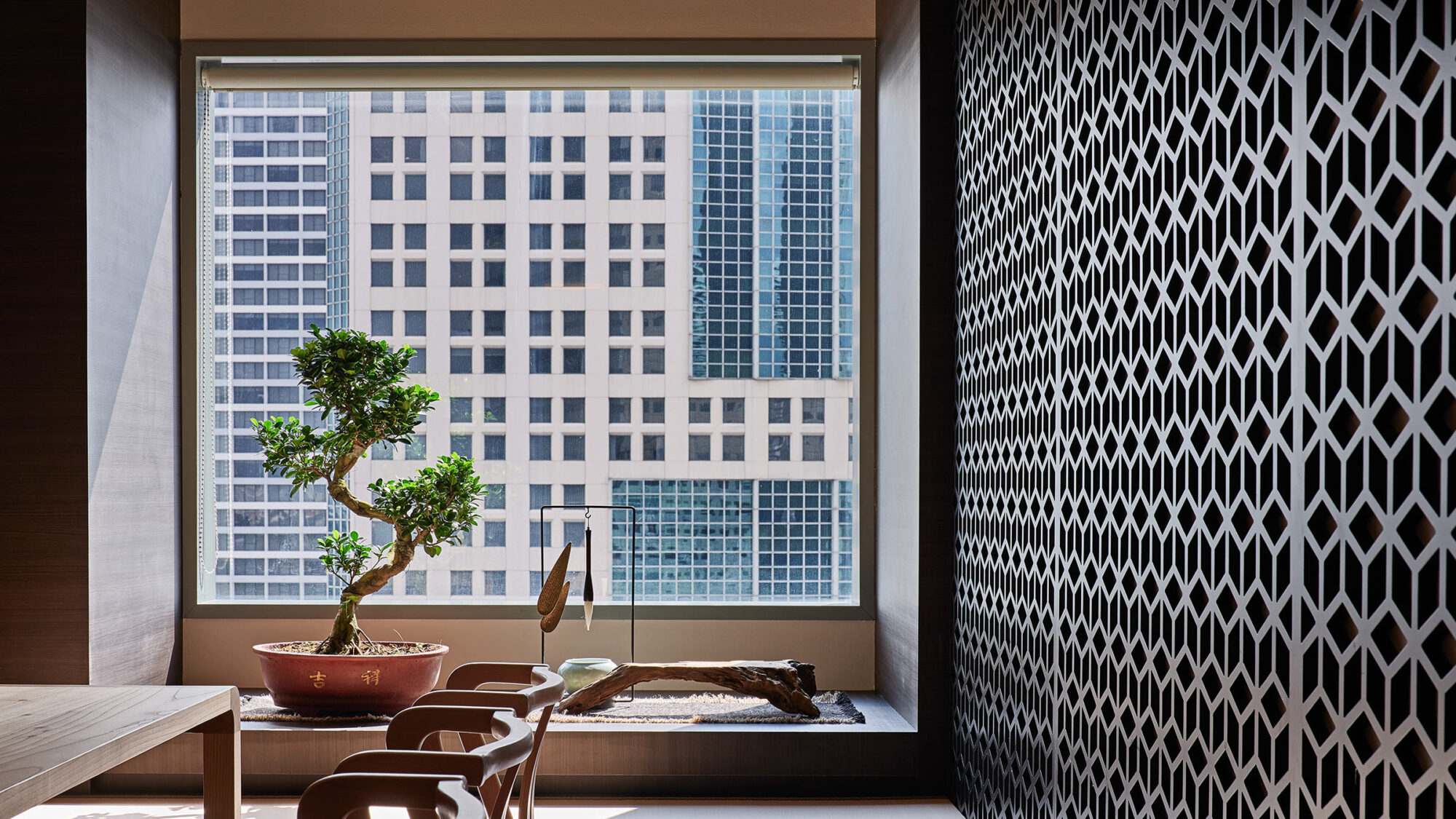
The value of places for pause. Relaxing office spaces enable people to think about challenges in new ways, says Raquel Machado.
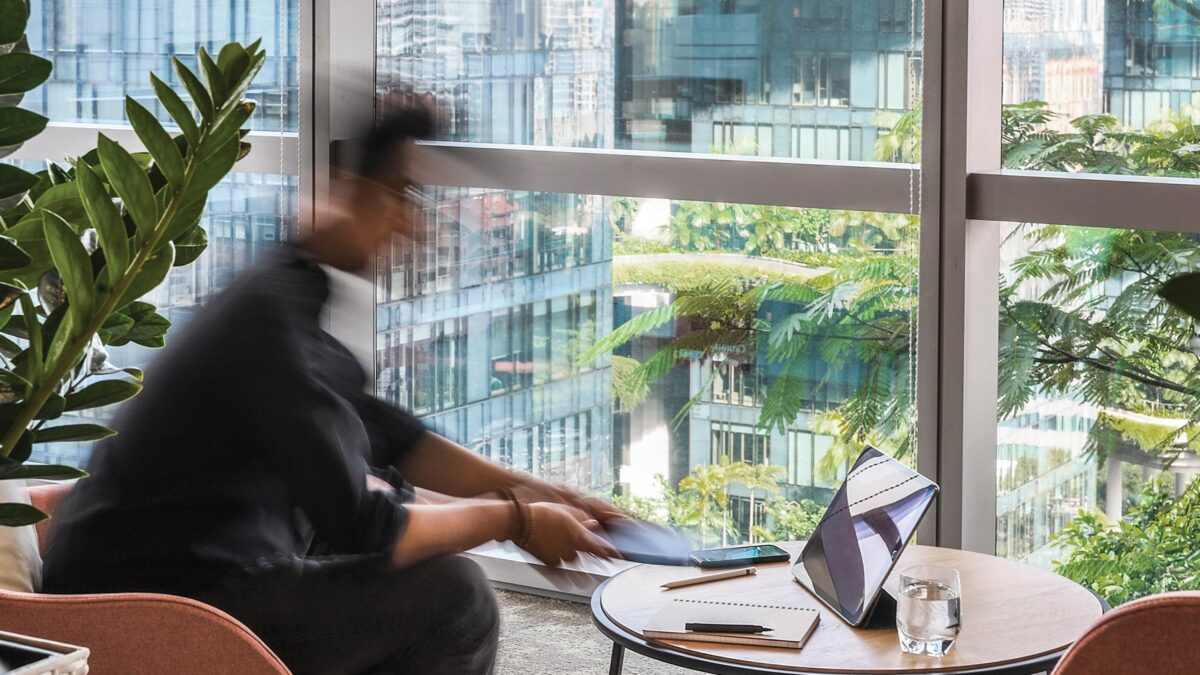
Many offices go well beyond meeting our basic needs. But how do we continue to push boundaries and support people’s physical and mental health in the workplace? By adding more relaxing office spaces, we create opportunities to think differently.
I’ve always been eager to explore design solutions that enhance the quality of people’s lives. COVID-19 raised many questions about how we can live and work in healthier, happier ways.
Many businesses are already exploring flexibility. Can we look beyond space for working, to create space for some downtime? The benefits of taking a break are well established. This will help shift our understanding of versatility to new forms.
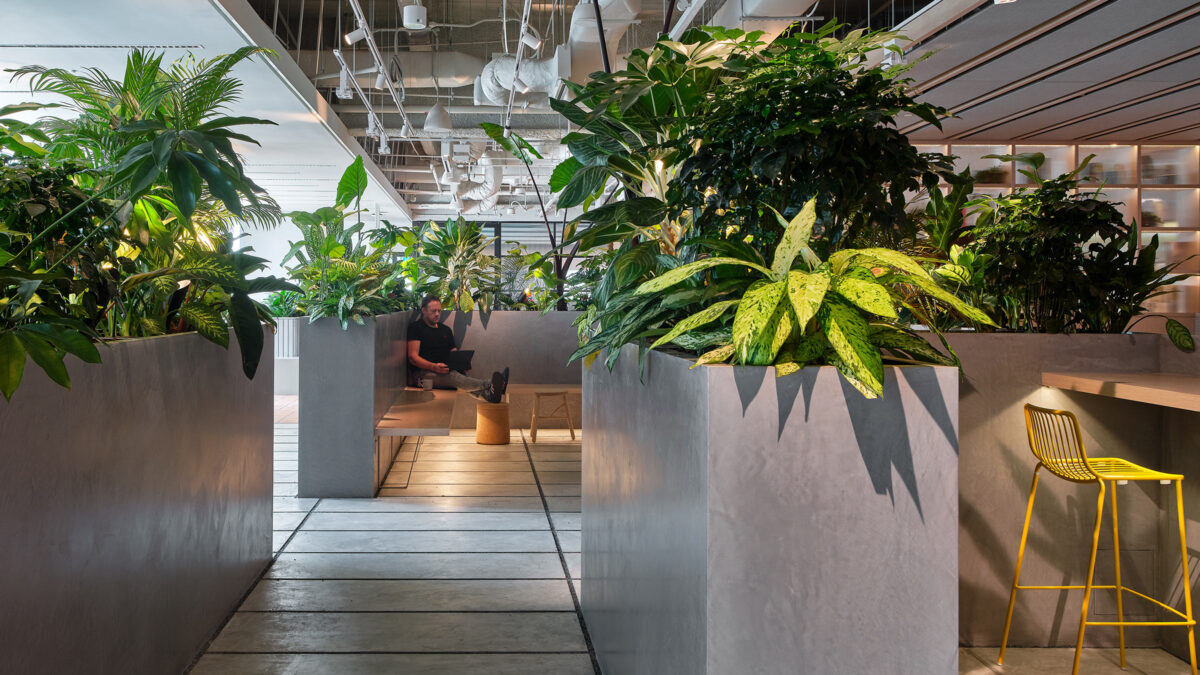
In an age of burnout, high stress-levels and fast-paced work, sometimes what we need most is some headspace. We know that by providing comfort and safety, we enhance morale, boost confidence and reduce stress. Spaces that acknowledge pause are one way of re-energising people and supporting better work.
There’s a lot we can learn from “Niksen”, the Dutch concept of “doing nothing”. Explored as a way to combat work-related health problems, this mindfulness approach is a technique that helps people regain control. People in The Netherlands value their time off and put a strong focus on staying healthy, using their breaks to re-energise.
For most of us, work is no longer a 9 to 5. Work and life have become intrinsically interwoven. This means that talent is looking for companies that align with their values. They want to work for businesses that will nurture them and encourage them to work however they perform best. Empower people to be responsible for their own time and output. As a result, they will take ownership and deliver.
The design of your office space needs to go beyond functionally and form. It needs to feel good. We’re seeing more phone booths, focus spaces and collaborative areas which is a positive step, but we need spaces that provide time. Time to think, time to feel calm and time to re-charge.
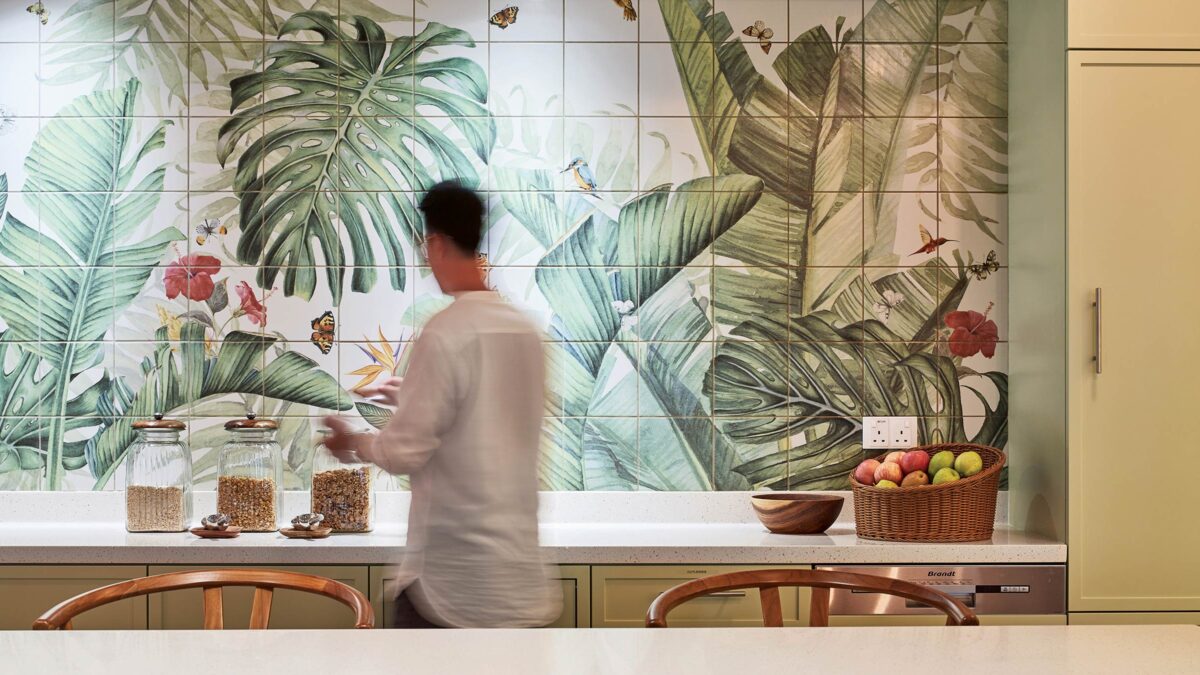
Although games facilities are often considered as wind down spaces, they have a different purpose. They are about interaction, a fun distraction from taxing work activities, rather than a quiet moment alone to reset. Creating office spaces for rest that enable people to collect their thoughts can help them to address challenges in new ways. These are not spaces to hide, but places to hit pause.
Biophilic office design and transparency will play a prominent role in these types of spaces. Sound therapy, calming textures and colours may also help to enhance the experience. These spaces will draw from across the human senses to calm the brain, enabling it to engage in clear, composed thought processes. They help remove the everyday clutter. In addition,making these technology-free areas may also provide respite from the digital pressures of life.
Wi-fi free zones are becoming more commonplace. In our New York office, we’ve created an intimate, cosy, technology-retreat zone. It provides a step-change from the buzz of the main office. Working with Trend Micro in Singapore, the “Japan Room” is dedicated to serenity and wellbeing and devoid of video-conferencing technology. Diageo’s “Conservatory” at its APAC headquarters overlooks a peaceful roof terrace and city park. It provides a hidden corner for retreat and rejuvenation for tired travellers.
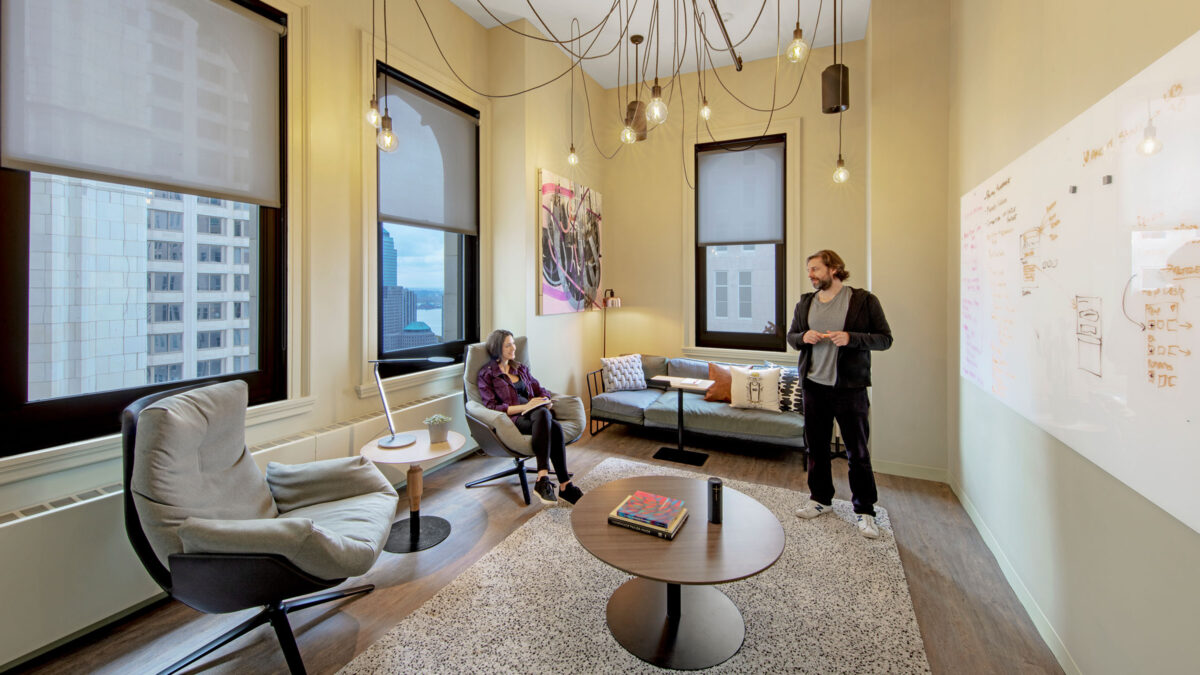
In summary, by adding relaxing office spaces, we can encourage moments of clarity that support wellness and enhance the quality of work.
Raquel Machado is a Senior Associate at M Moser’s Amsterdam office.
Discover the importance of psychological safety in the workplace.
Associate Director